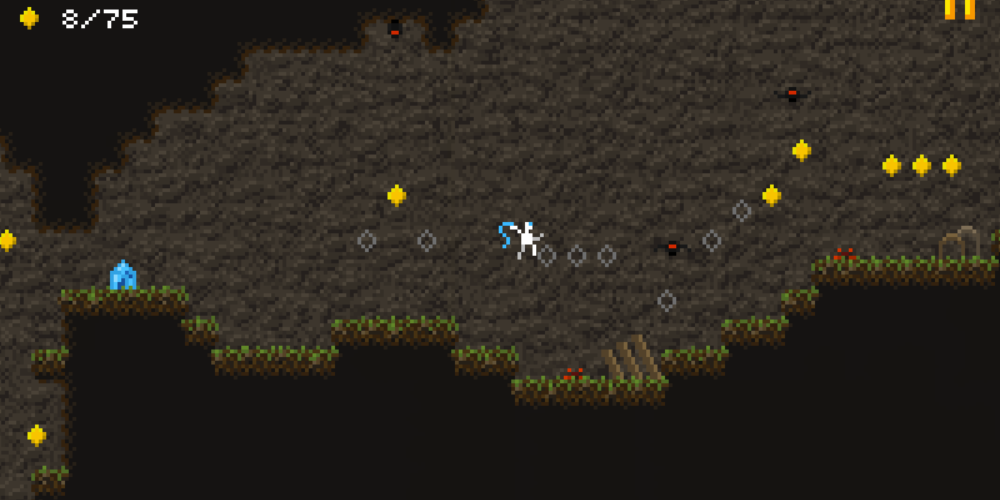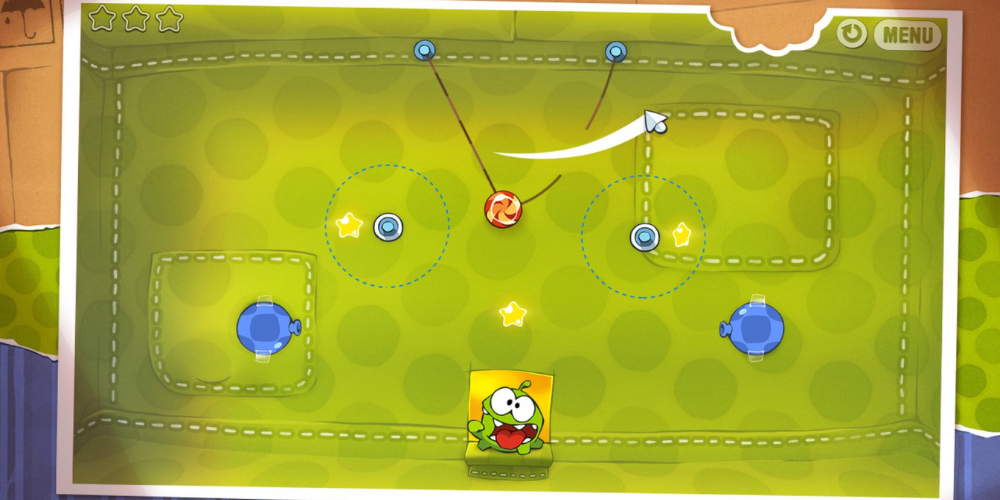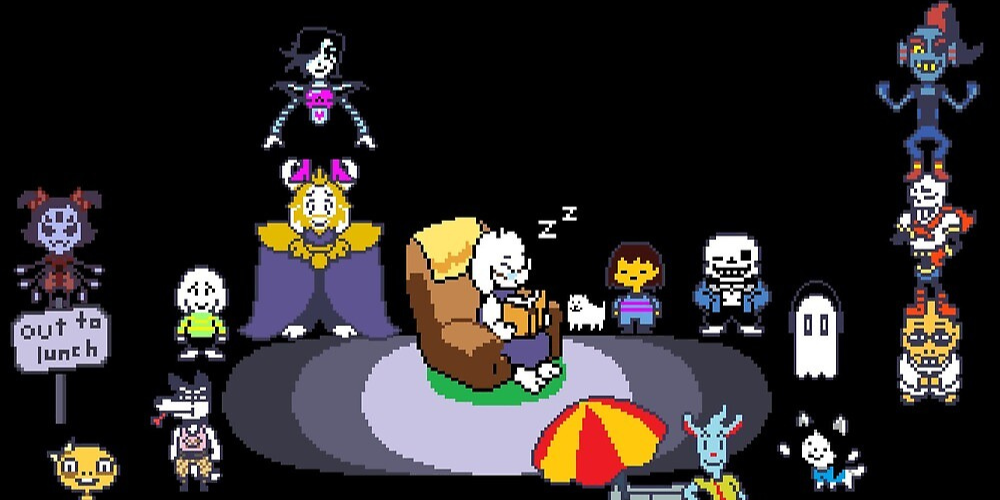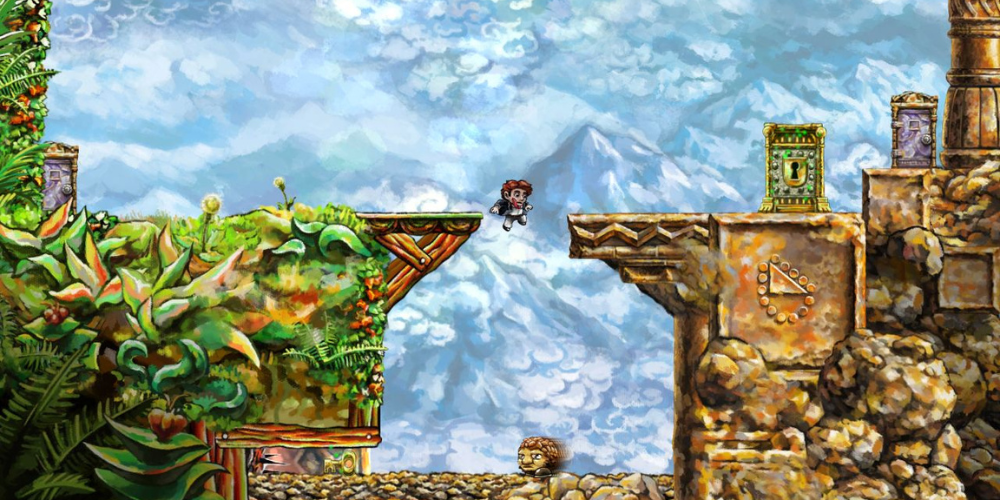
The gaming landscape has experienced a seismic shift over the past decade as indie games—produced by independent game developers without the financial support of large publishers—have begun to challenge the hegemony of blockbuster titles.
These small, often quirky games have resonated with audiences craving originality and genuine storytelling, proving that creativity and innovation need not be sacrificed at the altar of big budgets. Embracing this revolution, small studios are powerfully shaping our digital experiences.
Rise Of The Independent Spirit

The inception of indie game development can be traced back to when video game creation was primarily a hobbyist endeavor before it evolved into a multibillion-dollar industry dominated by mammoth franchises.
The late 1990s and early 2000s saw the rise of Internet distribution and accessible game development tools, paving the way for solo developers and small teams to create and publish their games outside traditional publishing systems. These formative years laid the foundation for what would eventually become an indie game renaissance.
A New Paradigm in Game Development

The key to understanding the rise of indie games is acknowledging how advances in technology leveled the playing field. Tools like Unity and Unreal Engine became more available, while platforms like Steam opened doors for distribution; this democratized game-making, enabling even lone developers to craft engaging worlds previously only within the reach of major studios.
Amidst these technological changes, a movement began where artisans embraced their roles as creators and storytellers using video games as their medium, further igniting the growth of indie games.
The Indie Difference: Innovation And Heart

At their core, indie games often signify creative defiance against established norms; they embody unique visions that frequently experiment with gameplay mechanics, narrative styles, or artistic presentations. This desire to innovate extends beyond content into business models; crowd-funding sites like Kickstarter have become instrumental in realizing projects that may never have seen the light otherwise.
Titles such as "Braid," "Undertale," and "Stardew Valley" exemplify how these passion projects can resonate deeply with players worldwide.
Challenges And Triumphs Of Indies In The Market

Despite lower budgets and smaller teams, indies must navigate a crowded marketplace with competitors on every side. Standing out requires more than an excellent game—it demands intelligent marketing strategies and community engagement crucial for sustaining momentum post-launch.
However, many independent developers have turned these constraints into opportunities, creating intimate forums around their work and fostering loyal fanbases committed to supporting them through word-of-mouth recommendations and active participation in development processes via early access programs.
The Cultural Impact Of Indie Gaming
While commercial success is laudable—it's perhaps through cultural impact that indies leave their most enduring mark on society... Events like the Independent Games Festival (IGF) provide global stages where new ideas percolate from one corner of Earth's collective consciousness to another, inject vitality across communities by showcasing diversity through lesser-heard voices or exploring themes seldom spotlighted by AAA titles, Empowering personal expression ensuring medium continues to evolve fresh, unexpected ways.